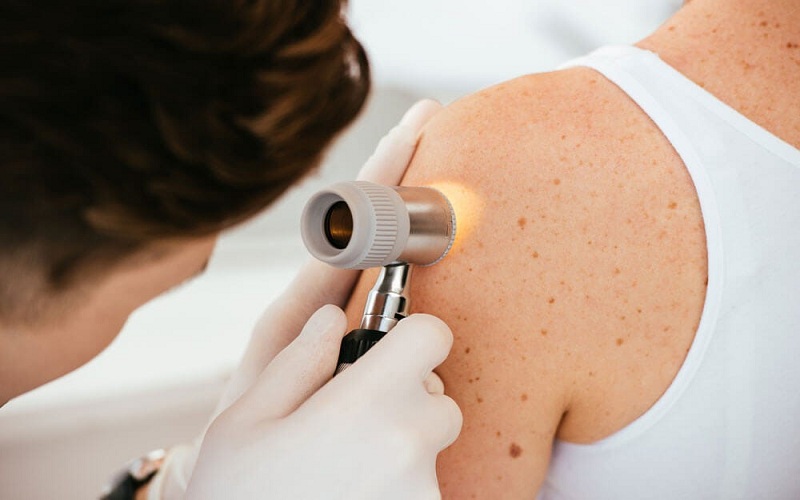Choosing the right dermatologist might feel like a daunting task, especially if you’re dealing with something as serious as Pittsboro skin cancer. I get it. The anxiety, the uncertainty—it’s unsettling. But let’s take a deep breath. Yes, it’s a big decision. Yes, it’s personal. But it’s not impossible. And this guide? It’s here to help you navigate through the process. From identifying potential candidates to asking the right questions, you’ll have all the tools you need to make an informed choice. So stick around. Your perfect dermatologist is just a few steps away.
Identify Potential Candidates
First things first. You need to create a list of potential dermatologists. Start with referrals—ask your primary care doctor. They’re a beacon of valuable information. Don’t forget to ask your family, friends, or other healthcare providers for recommendations. Compile a list. Research each doctor’s credentials and experience. To narrow down your options, consider the doctor’s board certification. It tells you that the doctor has the necessary training, skills, and experience to provide healthcare in dermatology.
Consider the Dermatologist’s Experience
When you’re facing skin issues—especially skin cancer—experience matters. The more experience a dermatologist has with a condition or procedure, the better your results are likely to be. Ask how many patients with your specific condition the dermatologist has treated. If you need a specific procedure, ask how many procedures the doctor has performed and find out about complication rates.
Consider Gender
It’s crucial to feel comfortable with your dermatologist’s gender because you will need to openly discuss personal information. When it comes to dermatology, your own gender is also an important consideration. Dermatologists are becoming more skilled in caring for women and men differently. Ask the dermatologist about his or her recent training and experience specifically related to your condition and your gender.
Evaluate Communication Style
Choose a dermatologist with whom you are comfortable talking and who supports your information needs. When you first meet the dermatologist, ask a question and notice how he or she responds. Does he or she welcome your questions and answer them in ways that you can understand? Find a dermatologist who shows an interest in getting to know you, who will consider your treatment preferences, and who will respect your decision-making process.
Read Patient Reviews
Reading what other people have to say about a doctor can provide insight into how a doctor practices medicine, as well as how his or her medical practice is operated. Patient reviews typically reflect people’s experience with scheduling appointments, wait times, office environment, and office staff friendliness. You can learn how well patients trust the doctor, how much time he or she spends with their patients, and how well he or she answers questions.
Review Hospital Performance
Your doctor’s hospital is your hospital. For this reason, consider the quality of care at the hospital where the dermatologist can treat patients. Hospital quality matters to you because patients at top-rated hospitals have fewer complications and better survival rates. Additionally, think about whether the hospital’s location is important to you. Should you need to go to the hospital for tests or treatment, you want the location to encourage, not discourage timely care.



